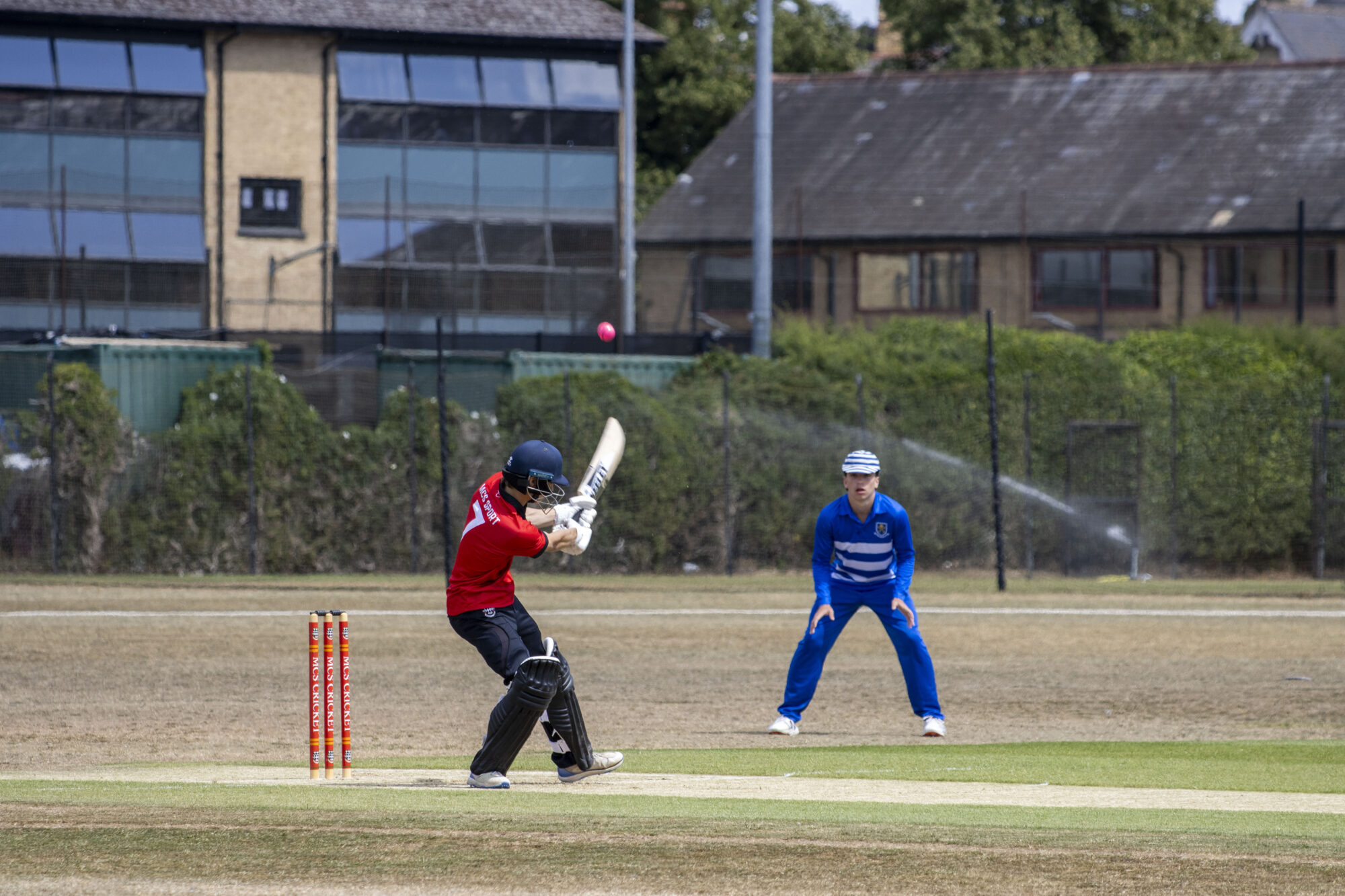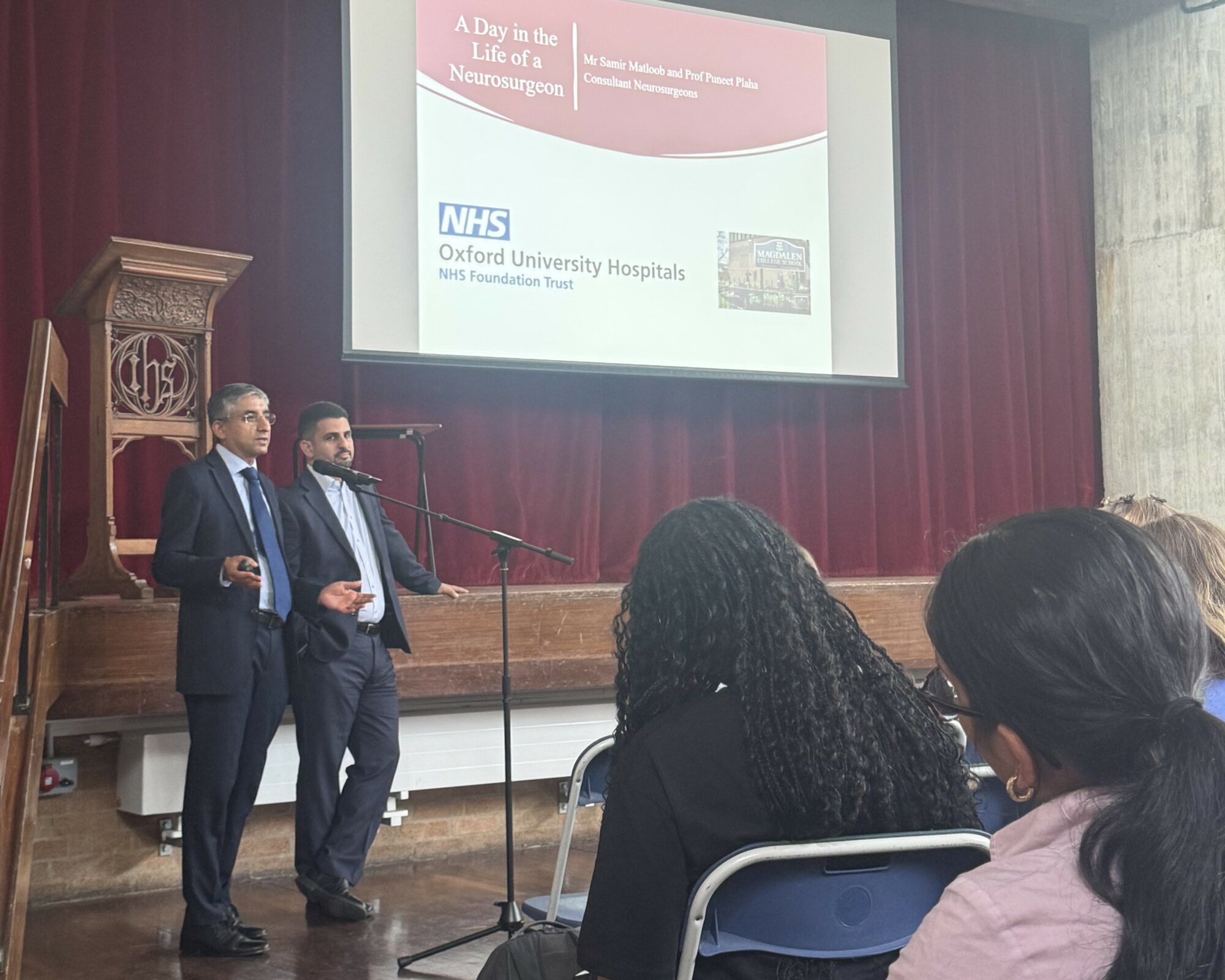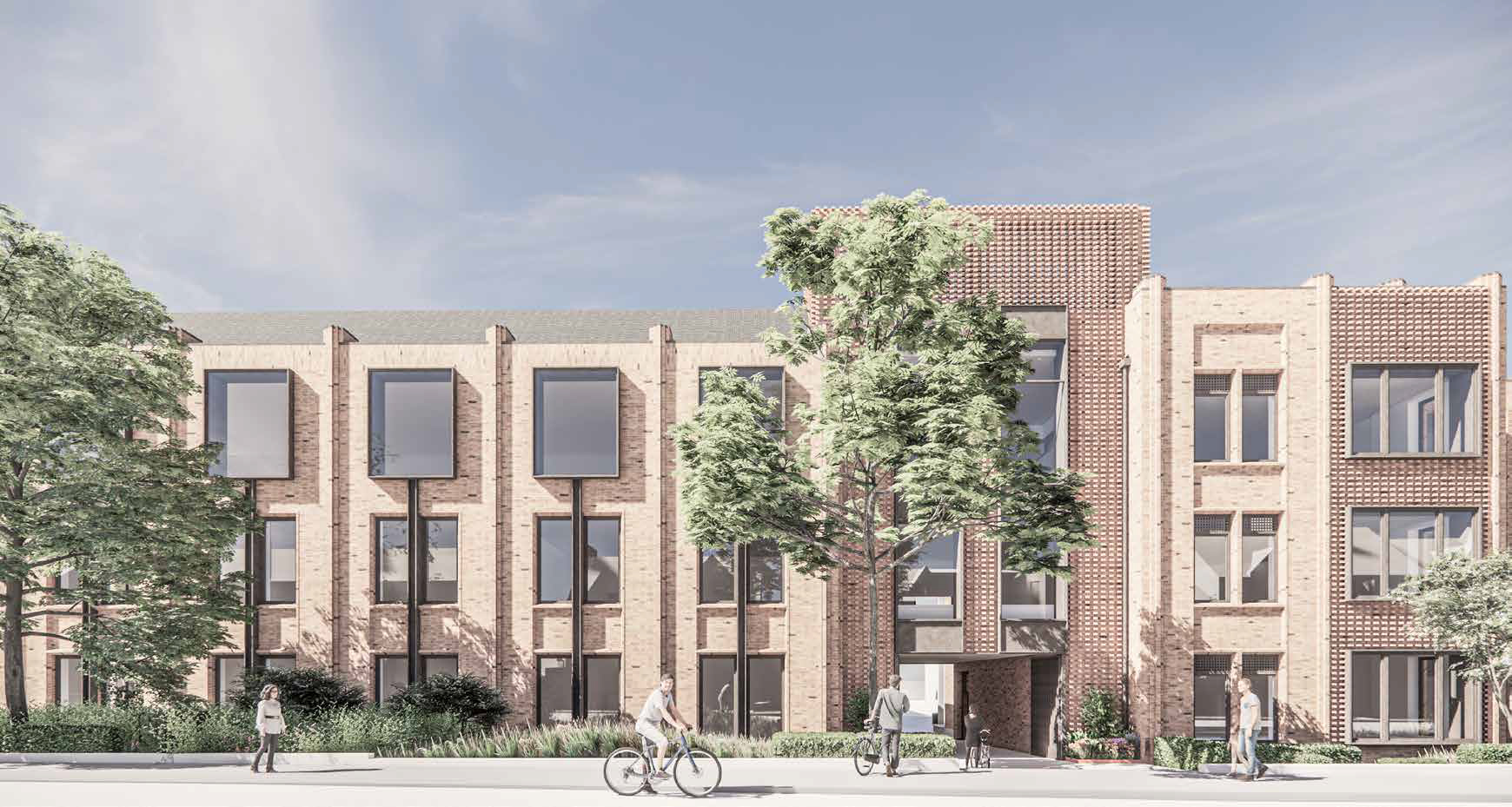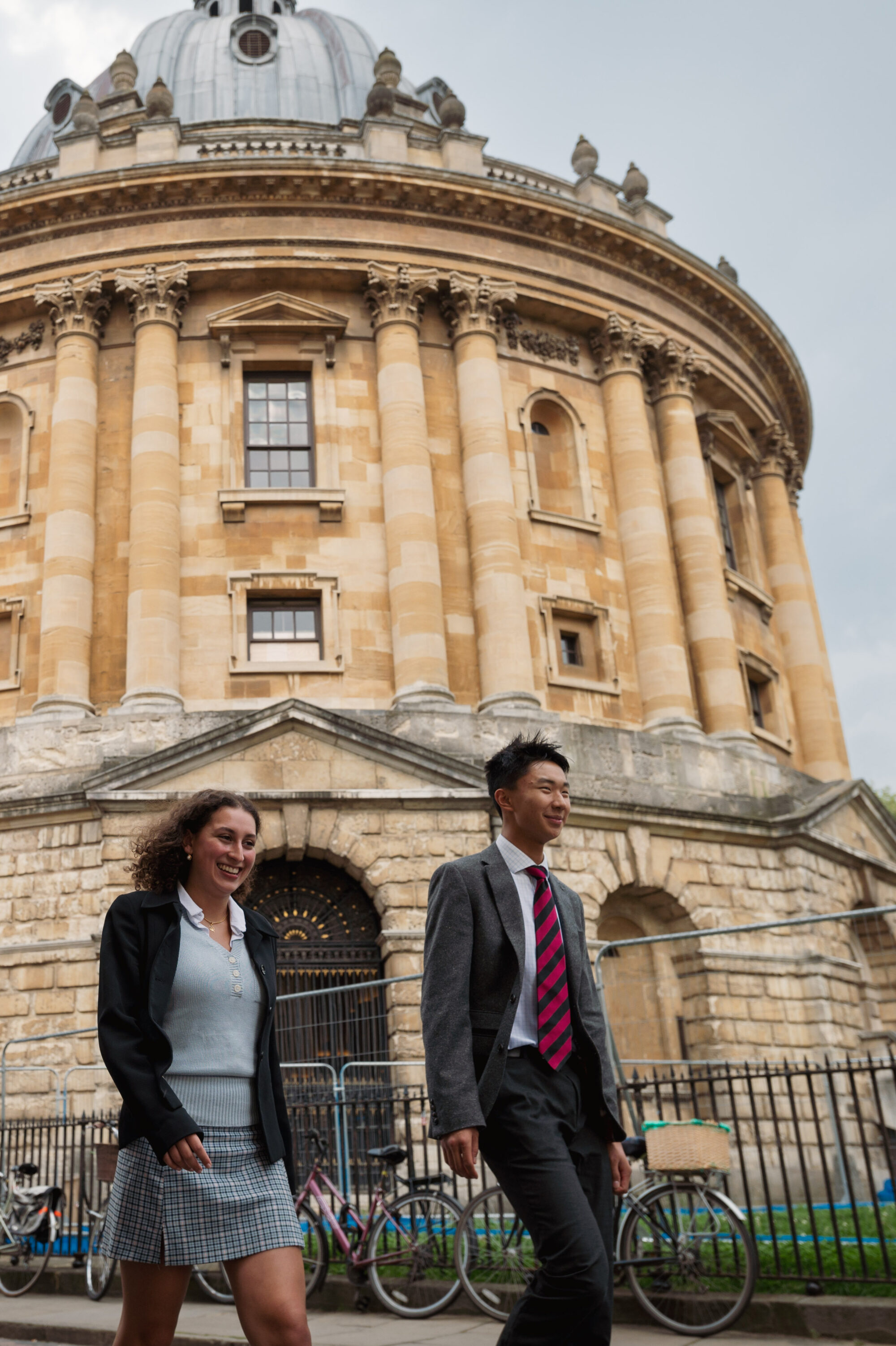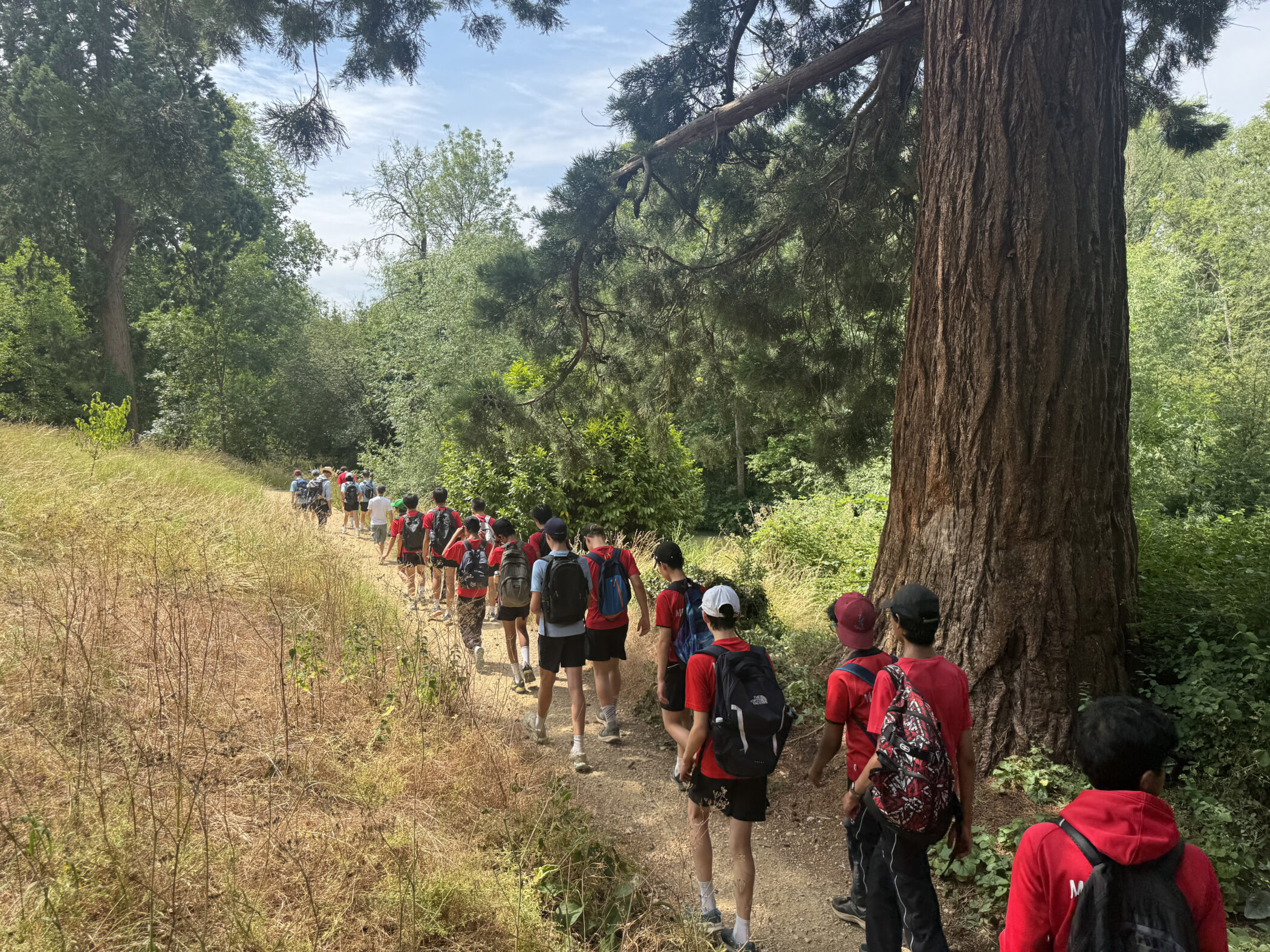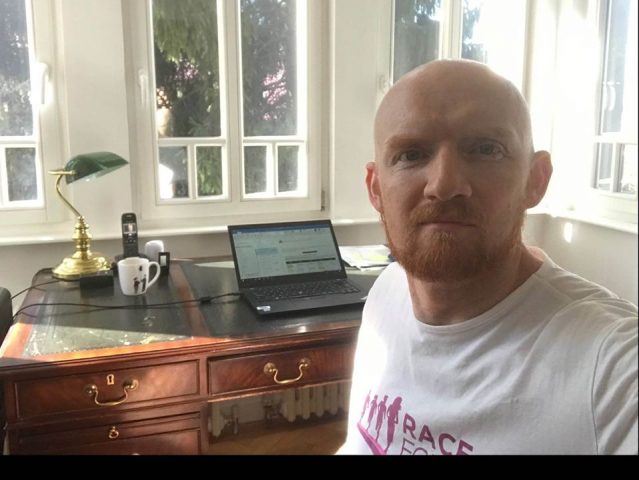
(OW Matt Field, WFH embassy-style)
As part of our #ThankYouFromMCS series, Matt Field (OW 1995 and former Head of School), British Ambassador to Bosnia and Herzegovina, tells us how he is making a difference for British Nationals across the globe.
……………
“Looking back, it was the speed at which things moved which stands out. On a Friday morning I was still working on a long-planned visit to Bosnia and Herzegovina the following week by the Prince of Wales, marking the 25th anniversary of the Srebrenica Genocide. By the end of that day we had decided to postpone the visit, and by Monday the entire Embassy had shifted completely over to dealing with the COVID-19 pandemic.
The Foreign Office spends a lot of time planning to deal with crises – it was drummed into me as I prepared to take on this my first ambassadorial role – so we had well established roles, responsibilities and IT systems. But there were many things we had not prepared directly for, like almost all staff having to work from home, curfews, and the closure of borders and major transport routes. One of the first decisions taken by the Government here was to close all schools, so my 6 and 9 year old children were suddenly in home school in the next room at the same time as I was trying to run our Embassy remotely, from my desk at home.
Like other Embassies and Consulates around the world, our first priority was to look after British Nationals, especially those visiting Bosnia and Herzegovina – there are some living permanently here, but they tend to have better support structures in place. We kept our travel advice updated daily on all of the new restrictions and healthcare advice. With the number of flights dropping each day, I decided with London that we needed to recommend that travellers who wanted to leave should do so as soon as possible. Within a week all commercial flights had ceased, so we worked directly with the few remaining UK visitors to find them routes home, across land borders, or on flights organised by other countries (we didn’t have enough to fill a plane). I was lucky to have such small numbers – colleagues in places like New Zealand or India were dealing with thousands of Brits trying to get back. And because this is the nature of the job now, much of this was being done through social media like Twitter, Instagram and Facebook.
We realised we also needed to see how we could best support the local authorities as they dealt with this unprecedented crisis. This is a fragile country, with a weak healthcare system and politically complicated, so along with US and EU we have always needed to be closely involved in problem solving and decision-making. We would not be flying in large quantities of medical equipment given the UK’s own needs, but we have been able to deliver lots of assistance through the World Health Organisation, UN, and International Financial Institutions. I have been doing more and more of my regular job, though in different ways – meeting with local politicians and partners by Zoom, doing TV interviews on Skype, and coordinating the entire Embassy effort across multiple locations by email, phone and video-conference. These are exceptional times. But with a little creativity, and a lot of positivity, we are continuing to work for UK interests and a successful Bosnia and Herzegovina. ”
 MCS ranks among the top independent secondary schools, and in 2024 was awarded Independent School of the Year for our contribution to social mobility.
MCS ranks among the top independent secondary schools, and in 2024 was awarded Independent School of the Year for our contribution to social mobility.

 28 of our pupils achieved 10 or more 8 or 9 grades in 2024.
28 of our pupils achieved 10 or more 8 or 9 grades in 2024.
 In 2023-24, MCS received over £448,000 in donated funds.
In 2023-24, MCS received over £448,000 in donated funds.